Safety is paramount if you want to visit or live in a country. I live in The Netherlands and feel very safe here, but I understand that you might want to get a bit more insight into the Netherlands’ safety if you consider visiting or living in The Netherlands.
The Netherlands ranks among the safest countries in global safety indices. Violent crime and traffic accidents occur less often in The Netherlands than in other European countries. The Netherlands has a higher risk of flooding but is well protected by the Delta Works.
Perhaps you feel already safe enough now to visit the Netherlands. If not, let’s discuss the various safety aspects in more detail to show you that the Netherlands is one of the safest countries to visit.
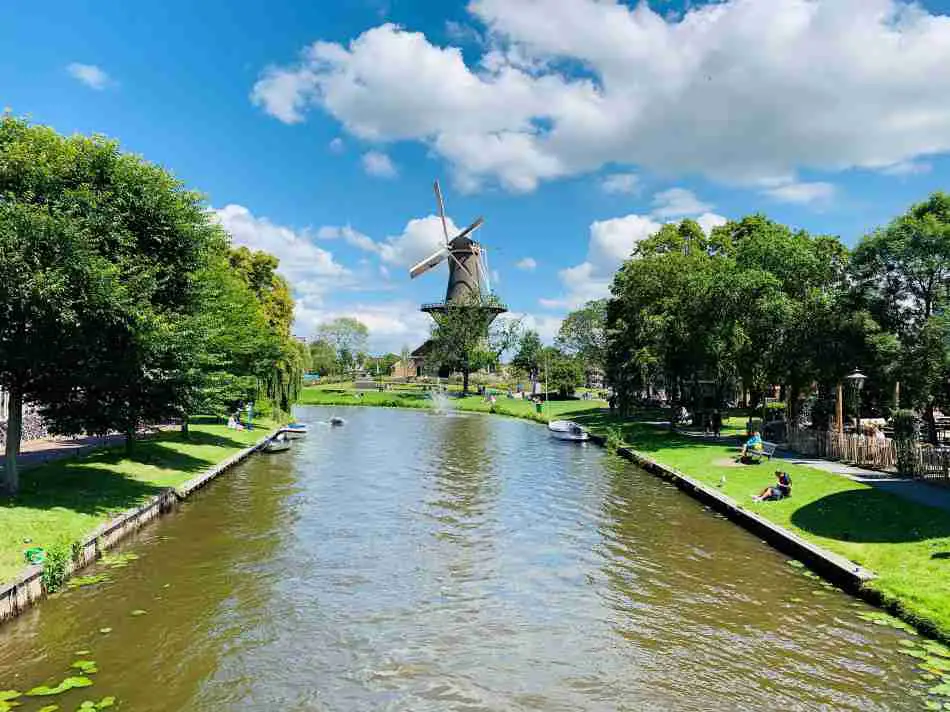
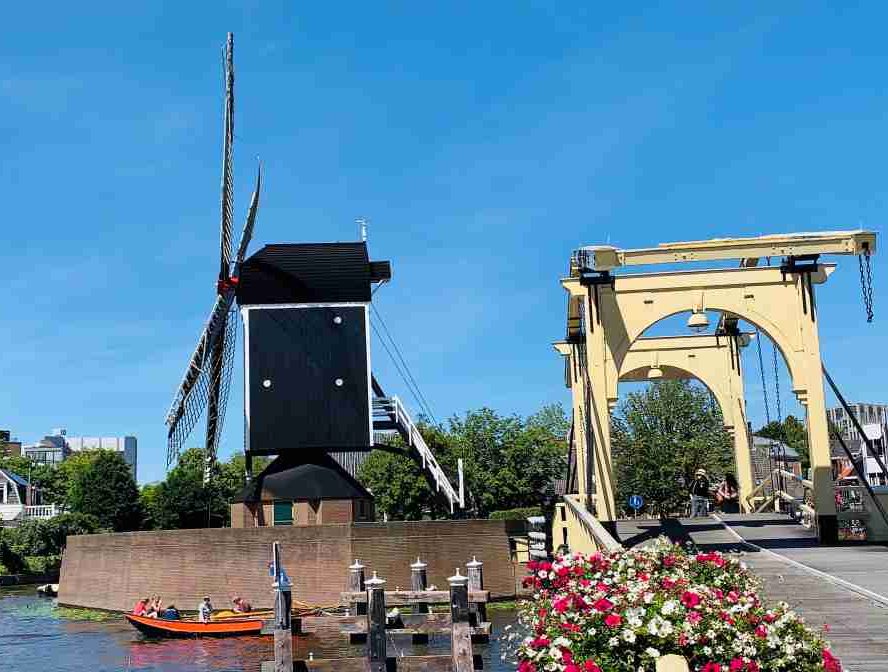
How Is The Netherlands Ranking In Global Safety Indices?
Several global indices rank countries based on their safety. These safety scores weigh personal security, the risk of a natural disaster, and (the presence or absence of ) war and peace in a country. Each country’s safety score combines the indices from these three risks, presenting a comprehensive view of each country’s safety.
Generally, countries with developed economies and healthcare systems score very well in global safety rankings. Economic development seems to decrease the risk of domestic crime or military conflict. Economic growth also allows a country to pay for an excellent universal healthcare system, increasing personal security.
This is why European countries with well-developed economies, like The Netherlands, usually rank at or near the top of these global safety indices.
Natural disasters are a function of geography and cannot be avoided entirely. For example, a possible natural disaster for the Netherlands is flooding, but the Delta works have ensured that the latest major flooding in The Netherlands was 70 years ago.
Two of the best-known global safety indices for countries are:
- The latest version of the Global Safety Index of the Global Finance Journal was published in 2019. In this version, the Netherlands occupied number 31, slightly below the other Western European countries. This relatively low rating is due to the risk of flooding, even though significant flooding has not happened in the Netherlands in the last 70 years because of the Delta works. On the other hand, the United States ranks 65th in this Global Safety Index due to its high number of annual homicides.
- A global safety index of countries, the Berkshire Hathaway Travel Protection Index, aggregates several other global safety indices into a single comprehensive country safety index. That allows for including a broad risk spectrum to provide a comprehensive interpretation of a country’s overall safety. In their latest update of January 2020, The Netherlands ranked 5th among the safest countries to visit.
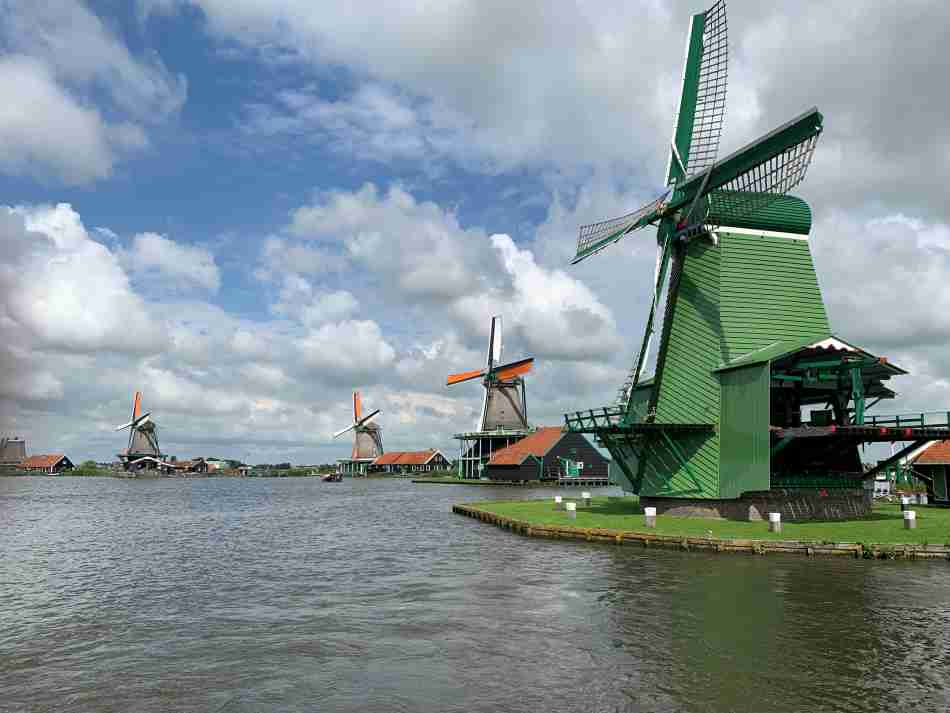
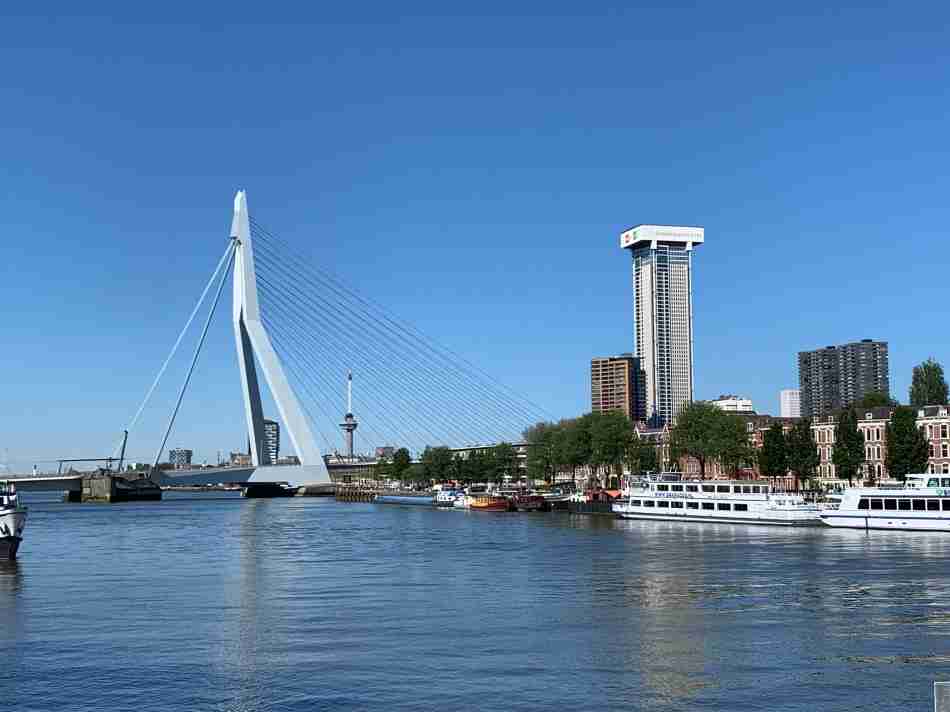
What Is The Crime Rate In The Netherlands?
According to the Dutch police’s latest registration, the percentage of Dutch citizens who were victims of traditional crimes such as theft, burglary, and vandalism decreased to 13,8% in 2019.
I found this percentage of 13,8% relatively high because I hardly hear about traditional crime except for stolen bikes. Criminality is concentrated in cities like Amsterdam, Rotterdam, Utrecht, and The Hague. These larger cities are dark blue on the map below, indicating more traditional criminality.
A large part of the crime rate in the Netherlands is due to the theft of bikes. Bike theft is a severe problem in The Netherlands, especially in major cities. Approximately 0,5 million bicycles are stolen annually out of the 18 million bikes in total. That means that around 2,7% of all bikes are stolen annually. The more expensive e-bikes are most popular among thieves, and you should lock your bike securely if you are not using it.
Like every country, you should watch out for pickpocketing in bigger cities. Protecting your wallet carefully in a big city is a matter of common sense.
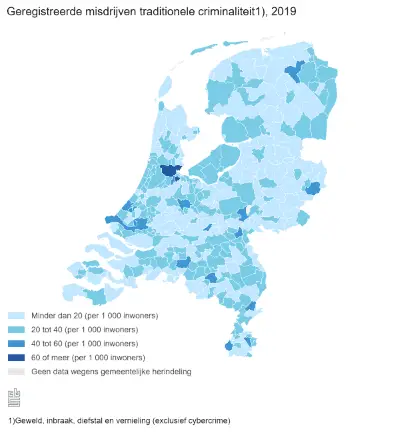
Cybercrime (identity theft, internet fraud, hacking, etc.) is increasing in the Netherlands, but fortunately, that will be less of a problem for tourists visiting the Netherlands.
Homicides in The Netherlands
Fortunately, the number of homicides in the Netherlands is relatively low, with 100-120 victims annually over the last few years. Thus, the homicide rate of 0.8 victims / 100.000 inhabitants in The Netherlands is low compared to other European countries and the United States. In addition, there are hardly ever mass shootings in The Netherlands.
See the table below to compare homicide rates in homicide victims / 100.000 inhabitants in different countries.
| Country | Homicide Rate |
|---|---|
| Russia | 9,2 |
| Ukraine | 6,2 |
| United States | 4,8 |
| Belgium | 1,3 |
| France | 1,3 |
| United Kingdom | 1,2 |
| Germany | 1,0 |
| The Netherlands | 0,8 |
| Switzerland | 0,5 |
| Luxembourg | 0,3 |
The Netherlands ranks among the safer countries when it comes to homicides. For a large part, this low ranking is due to the Dutch law prohibiting weapons (guns and knives) in The Netherlands.
The government constantly monitors the risk of terrorism and communicates via this website.
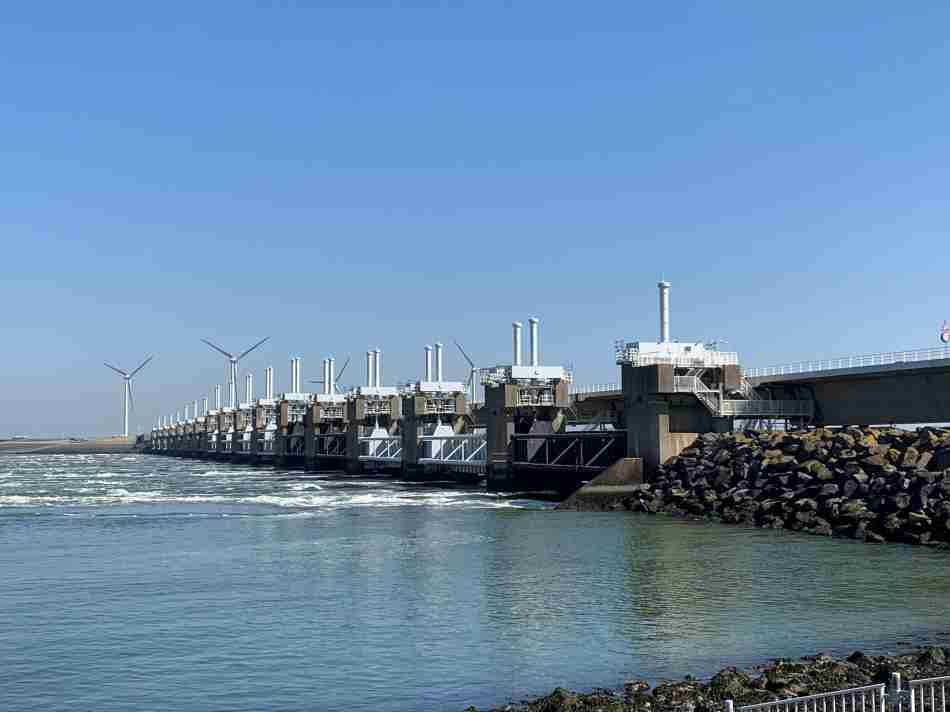
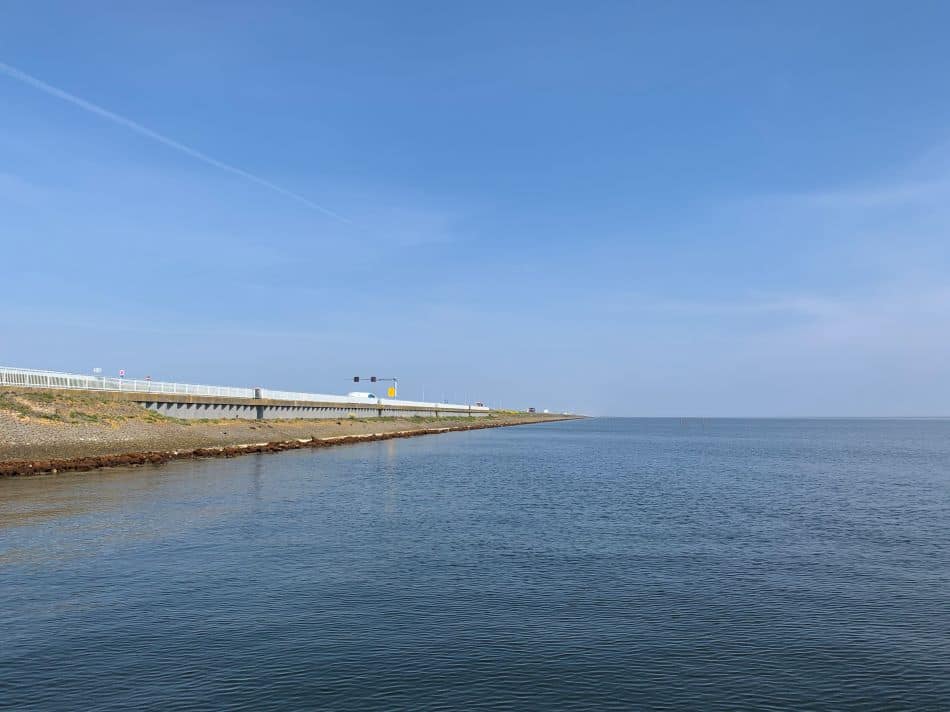
Are Natural Disasters In The Netherlands Common?
According to the World Risk Index, the Netherlands has the highest chance of a natural disaster of all European countries. Nevertheless, natural disasters in the Netherlands are extremely rare.
Of course, with 26% of The Netherlands below sea level, the chance of flooding is not theoretical. However, the latest large-scale flooding occurred about 70 years ago when large parts of Zeeland were flooded, and 1800 lives were lost.
After this national disaster, The Netherlands build the world-famous Delta Works, one of the seven modern wonders of the world, to protect its low-lying regions against flooding. After completing the Delta works, floodings have never occurred again in The Netherlands.
The Netherlands is exposed to the theoretical risk of flooding, but I believe we coped pretty well with this risk by building a world-class defense system to protect The Netherlands against the water.
Climate change may increase the sea level in the future, leading to increased chances of future flooding in The Netherlands. However, with an average annual increase of the sea level of 4 millimeters per year, that does not seem to be a real risk in the foreseeable future. Dutch water engineers are already planning to prepare the water defenses of The Netherlands for the coming century.
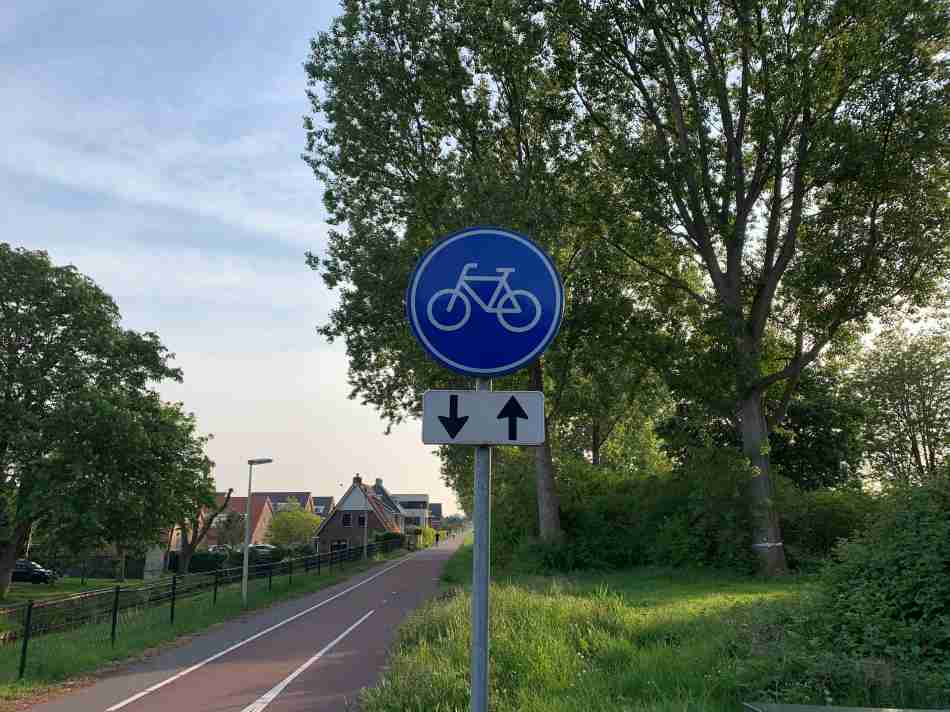
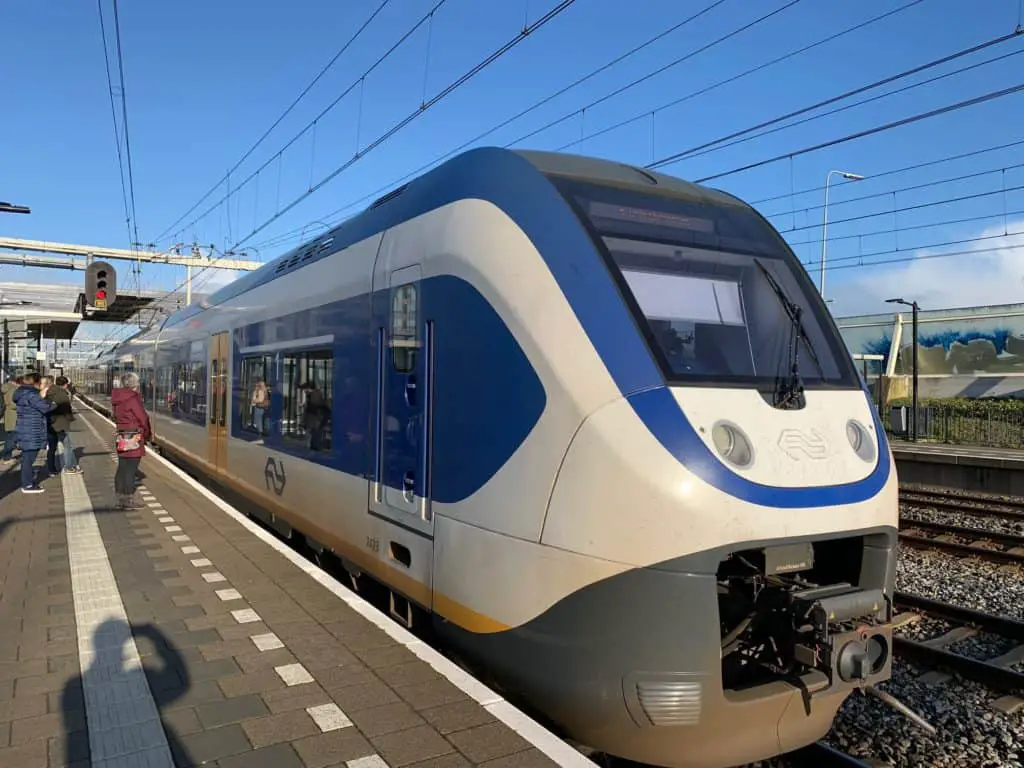
How Is Traffic Safety In The Netherlands?
Traffic accidents have caused more than 600 deaths and 20.000 severe injuries annually in the Netherlands over the last few years. More than 600 traffic accident deaths yearly equal 34 fatalities per million inhabitants.
Although every traffic fatality is one too many, Dutch traffic fatalities are well below the EU average of 51 deaths / million inhabitants (see table below for an overview of traffic fatalities per million inhabitants in selected Europa.
| Country | Traffic Fatalities in 2019 |
|---|---|
| Country | Traffic Fatalities in 2019 |
| Sweden | 22 / million inhabitants |
| Netherlands | 34 / million inhabitants |
| Germany | 37 / million inhabitants |
| France | 48 / million inhabitants |
| EU average | 51 / million inhabitants |
| Romania | 96 / million inhabitants |
It is good to see that the Netherlands ranks among the safest countries for traffic accidents. Highway maximum speed levels are now 100 km/hour during the day.
Almost two-thirds of the 20.000+ seriously injured people are cyclists, and the relative number of injured bikers in The Netherlands is higher than in other western-European countries. However, most bikers are injured in a crash involving no motor vehicle. That may be surprising if you realize that we have the most extensive network of separate biking lanes.
However, there are two reasons for this high number of biking injuries.
- The number of severe injuries of cyclists has been steadily increasing since the appearance of e-bikes, which allowed cyclists to achieve much higher speeds. Therefore, if you rent an e-bike during your vacation in The Netherlands and are not used to one, be extra careful because you will go much faster than expected.
- Another reason for the relatively high number of biking accidents is the incredibly high number of bikes in The Netherlands, which are used intensively. There are even more bikes than inhabitants in this country because many people have more than one bike.
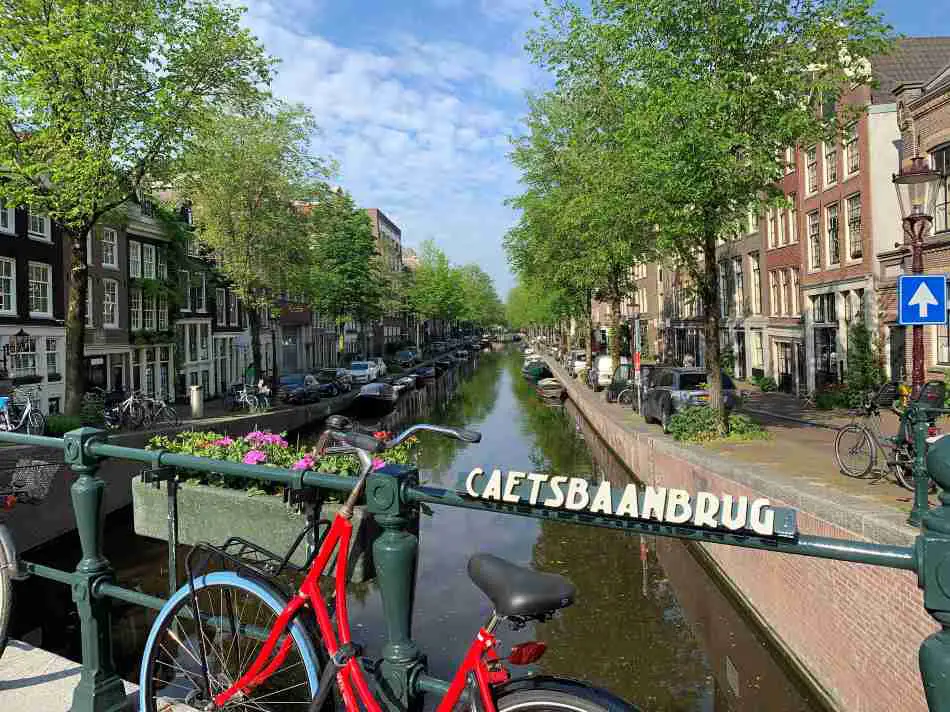
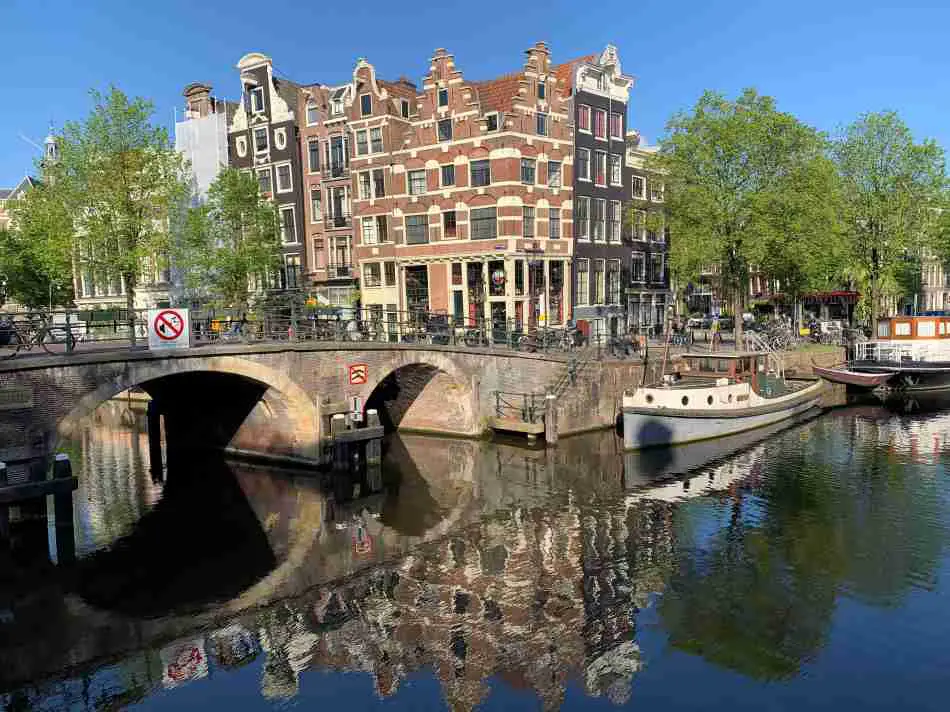
Is The Netherlands Safe Concerning Corona?
The Netherlands is suffering from Coronavirus like all other countries in Western Europe. However, The Netherlands is a very average Western European country regarding Coronavirus risks. Fortunately, the number of vaccinations (including booster shots) increased rapidly in 2021 and early 2022.
You can check the latest developments around the Coronavirus in The Netherlands on this government website.
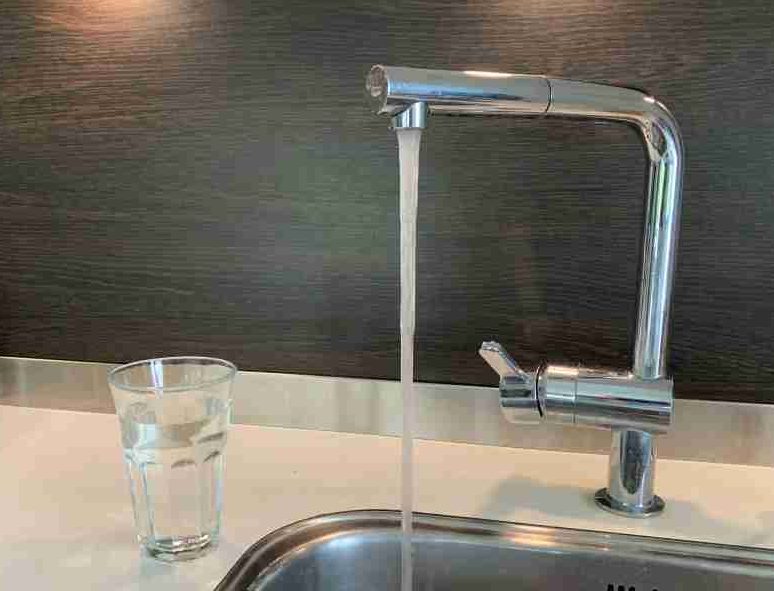
Is Tap Water In The Netherlands Safe?
A significant concern for many visitors is tap water quality in The Netherlands.
Tap water in The Netherlands is very safe. The quality of Dutch tap water meets the stringent government quality requirements more than 99.9% of the time, and the government continuously controls tap water quality to secure public health.
International research demonstrated that the Dutch tap water quality is much better than tap water in The United States with its chlorine-like taste. As a result, I never buy bottled water in The Netherlands. Instead, I have a bottle of Dutch tap water in the fridge that I refill with tap water when needed.
There are two reasons why Dutch tap water quality is so good.
- The first reason for the high tap water quality in The Netherlands is the high quality of the water pipes because maintaining water pipes is a top priority in The Netherlands. Because the pipes hardly show any leaks, harmful substances and pathogens cannot enter the tap water.
- The second reason for the high tap water quality in The Netherlands is that tap water is treated with UV light to kill bacteria and viruses during tap water purification. This step eliminates the need to add chlorine to the tap water, which significantly increases the tap water’s taste and quality. That is an essential difference from many other countries.
